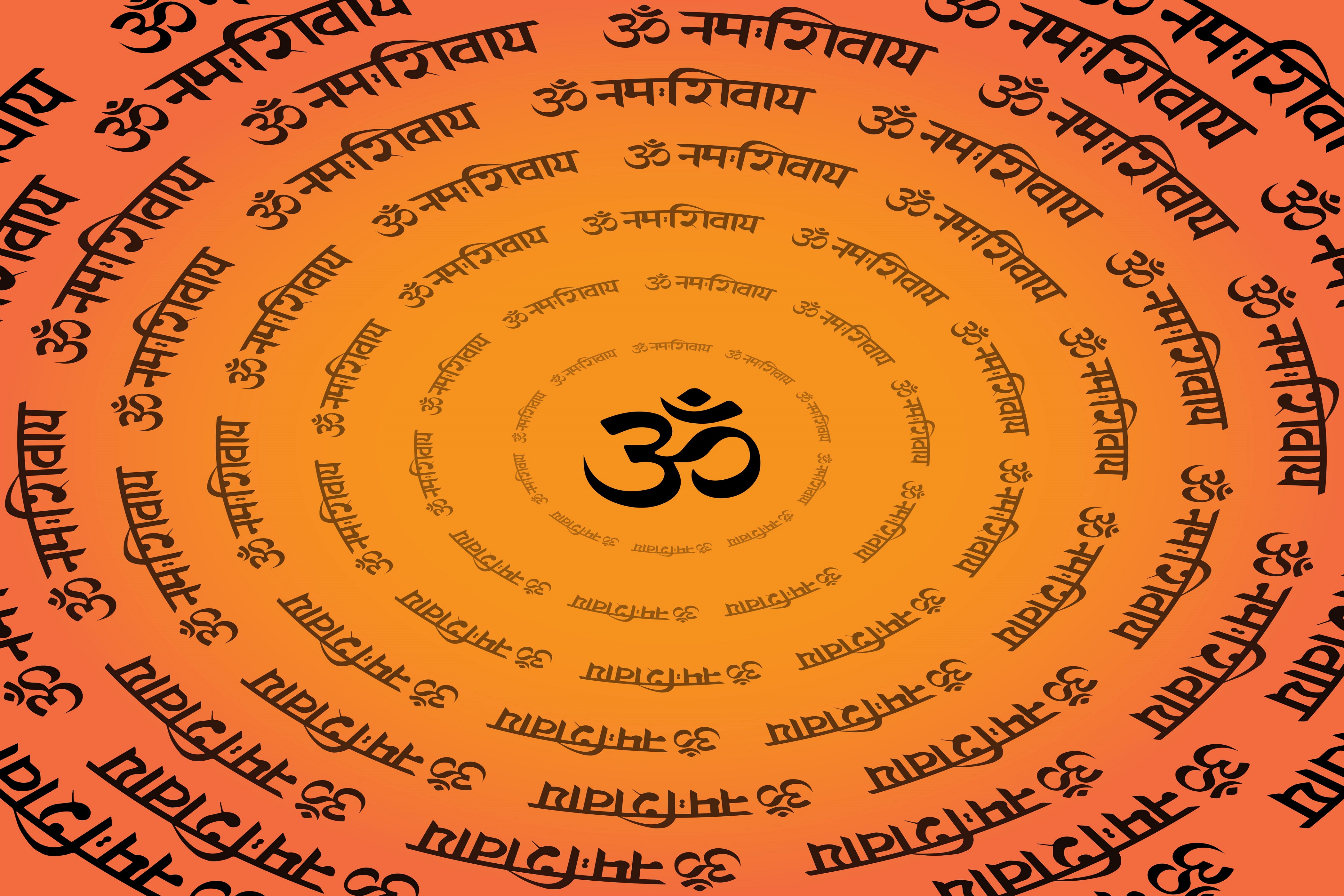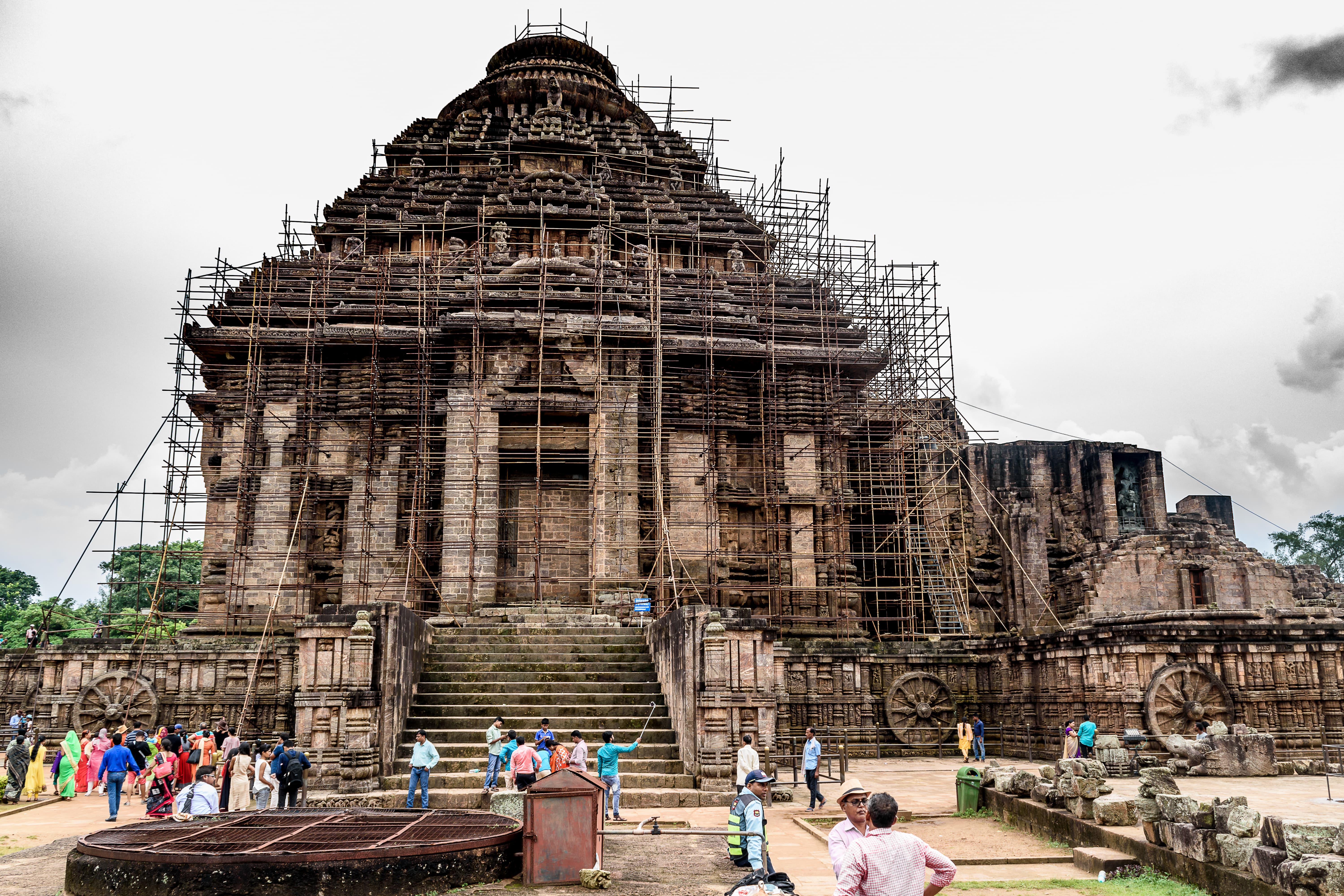Diviniti is a name under Mahakaal Maharaj Bikaner Seva Mandir Trust which is a registered NGO with 80G, 12 AA and Certification of Niti Aayog too. The trust is run by passionate team working towards Indian values of education as well as bringing a change in the society. Diviniti is running a best of class Preschool to make the Diviniti Old Age home and Diviniti orphanage run on a self sufficient model. The trust is working with individuals and communities for empowering needy to attain a better quality of life and sustained development. Diviniti believes that a social change starts with individual and people join in into the process. The trust is a thought process of an individual Gaurav Mittal Trustee of the trust. Slowly people joined in supported his vision. The trust aims a broader change with the next few years by focussing on following
The first and foremost aim is to open pre-primary schools focusing on education based on Vedic sciences as the education system has to be balanced in terms of technology as well as indian value system.
The society is witnessing a depletion in social fabric of relations and thus there is an unfortunate need of care centre for those less fortunate old people who have given their youth towards society. Similarly due to many reasons the girl child has always seen a disparity from the society.The feeling of being unwanted and not loved is something which is difficult to wipe our but we can give them a better life. Establishing Old age Home and Orphanage across India is aimed for this cause....
In changing scenario of the society, with the materialistic progress which human being made and evolved into higher thinking beings we have somehow lost the compassion and humane touch of our souls. The body needs food for energy and growth similarly the soul too craves for the energy. This need cannot be satiated by materialistic things but we need a connect where the mind is empty so that we can fill it up again with the positivity around and soul and mind can work in sync.
The hustle bustle of life keeps draining out our energy and leaves us tired of life. The life is not to be tired of but to be cherished and enjoyed and lived to attain the purpose of the world and beyond. The Diviniti believes that the temples are hub of positivity. A temple is a spiritual destination, as well as landmarks around which ancient arts, community celebrations and economy have flourished. It is a symbolic house, seat and body of god. It is a structure designed to bring human beings and gods together, using symbolism to express the ideas and beliefs. The symbolism and structure of a Hindu temple are rooted in Vedic traditions, deploying circles and squares. The ancient temples are also called “Tirth”,
According to researches, the Hindu temple is built around the belief that all things are one, everything is connected. The pilgrim is welcomed through 64-grid or 81-grid mathematically structured spaces, a network of art, pillars with carvings and statues that display and celebrate the four important and necessary principles of human life –kama, Arth , Dharma, Moksha. Together, these four aims of life are called Puruṣārtha.( Purusartha literally means "purpose of human being" which is fulfilled by the judicious combination of all the four aims of life )
Kama means "desire, wish, longing" in Hindu and Buddhist literature.Kama often connotes sexual desire and longing in contemporary literature, but the concept more broadly refers to any desire, wish, passion, longing, pleasure of the sense, the asthetic enjoyment of life, affection, or love, with or without sexual connotations.



Arth , The word artha literally translates as "meaning, sense, goal, purpose or essence" depending on the context. Artha is also a broader concept in the scriptures of Hinduism. As a concept, it has multiple meanings, all of which imply "means of life", activities and resources that enable one to be in a state one wants to be in.
Artha applies to both an individual and a government. In an individual's context, artha includes wealth, career, activity to make a living, financial security and economic prosperity. The proper pursuit of artha is considered an important aim of human life in Hinduism. At government level, artha includes social, legal, economic and worldly affairs. Proper Arthashastra is considered an important and necessary objective of government.
Dharma signifies behaviours that are considered to be right in order to makes life and universe possible and includes duties, rights, laws, conduct, virtues and "right way of living".
Moksha also called vimoksha, vimukti and mukti, refers to various forms of emancipation, enlightenment, liberation, and it refers to freedom from the cycle of death and rebirth.Moksha refers to freedom from ignorance: self-realization, self-actualization and self-knowledge.
In Hindu traditions, moksha is a central concept[5] and the utmost aim to be attained through three paths during human life; dharma(virtuous, proper, moral life), artha(material prosperity, income security, means of life), kama(pleasure, sensuality, emotional fulfilment)
At the center of the temple, typically below and sometimes above or next to the deity, is mere hollow space with no decoration, symbolically representing Purusa or eternal sacred universe, one without form, which is present everywhere, connects everything, and is the essence of everyone. A Hindu temple is meant to encourage inner reflection, initiate and felicitate purification of one’s mind, and trigger the process of inner realization within the devotee.
Hindu temples are not just sacred spaces, they are also secular spaces. Their meaning and purpose have extended beyond spiritual life to social rituals and daily life offering thus a social meaning. Some temples have served as a venue to mark festivals, to celebrate arts through dance and music, to get married or commemorate marriages, commemorate the birth of a child, other significant life events. Lot of temples have extended celebrations around which economic activities thrive.
The Diviniti intends to built such temples which will serve as a hub of positivity and help people regain what they are missing into the materialistic journey and give them a better direction.
Bajaj Bhavan, 3rd Floor, B-10,
Sector 3, Noida,
Uttar Pradesh
201301
Phone Number: 0120 404 5100 (India)
info@thediviniti.com